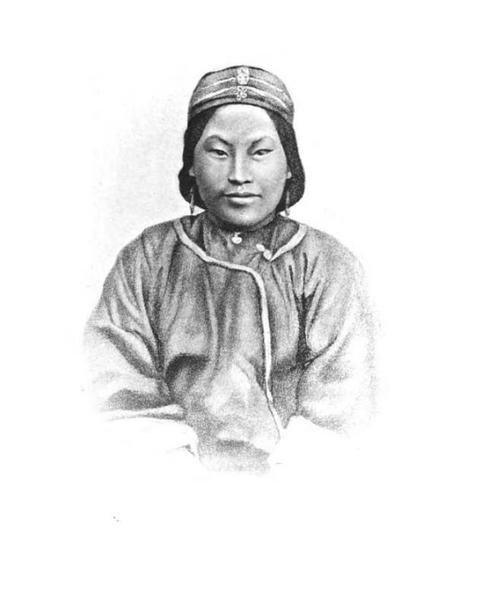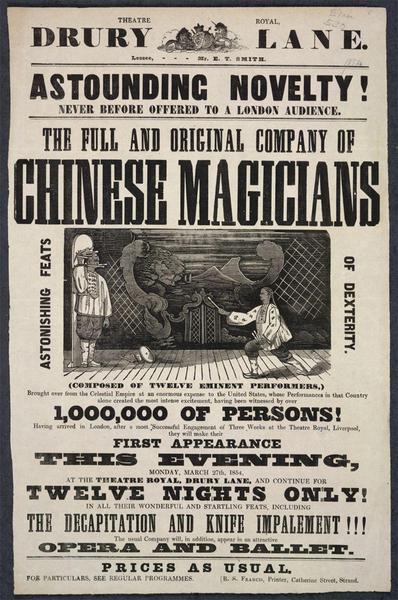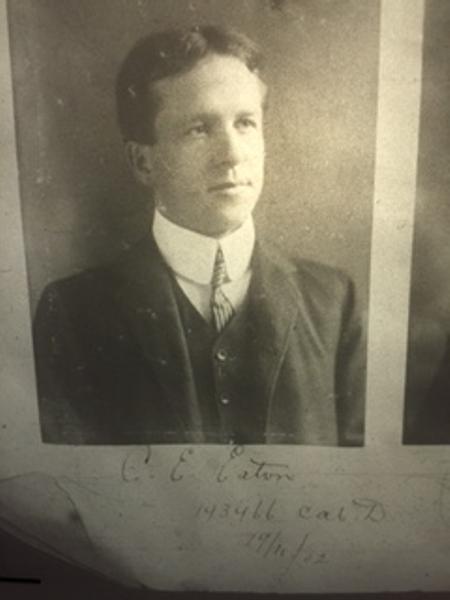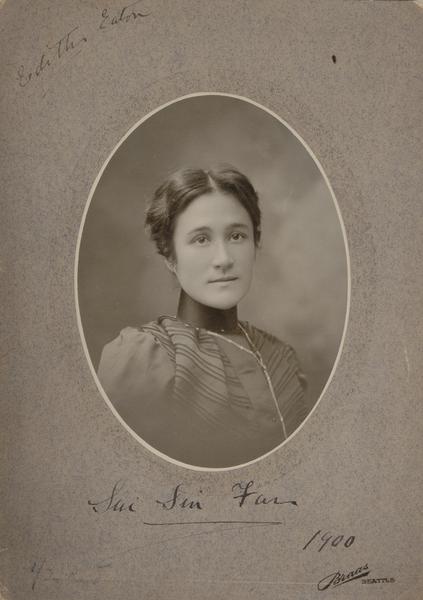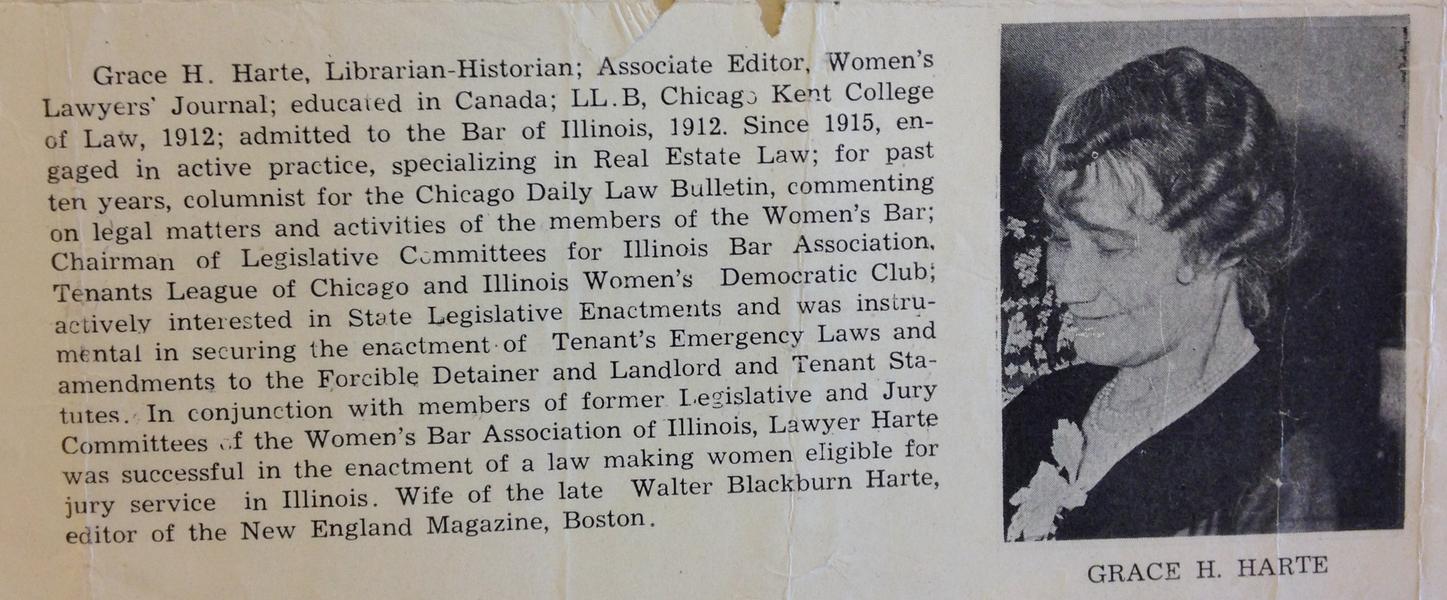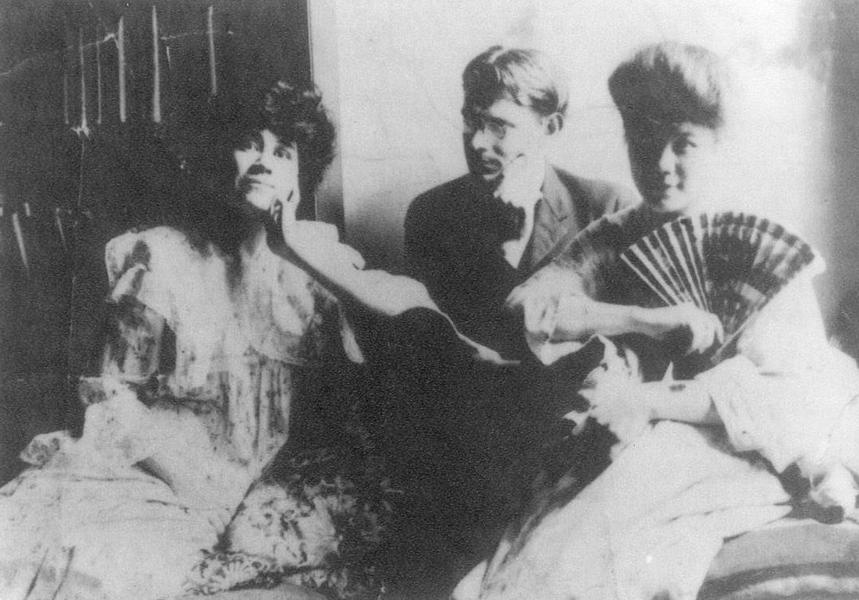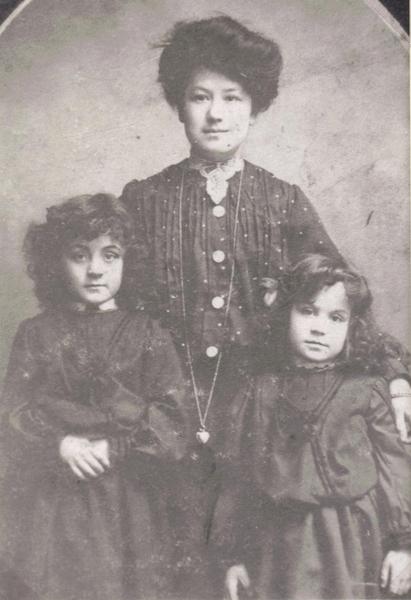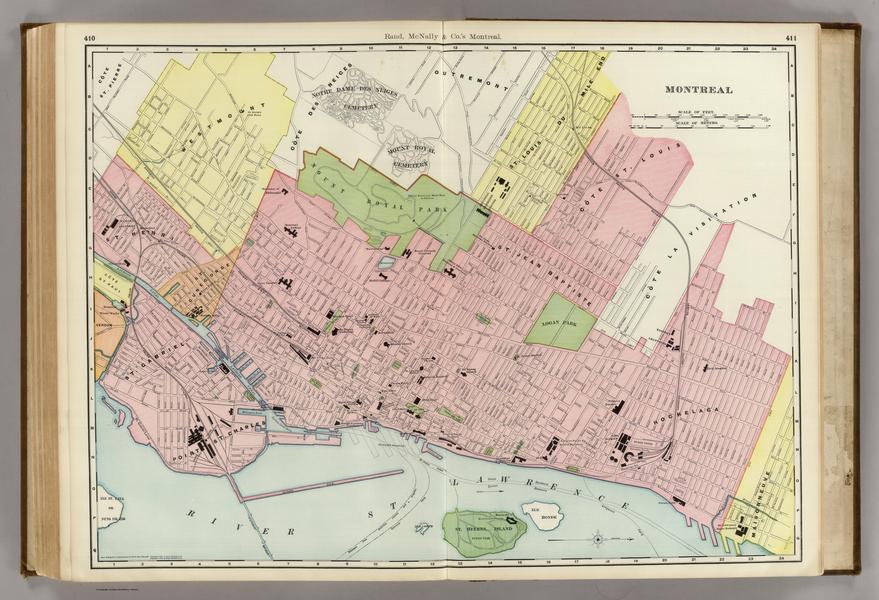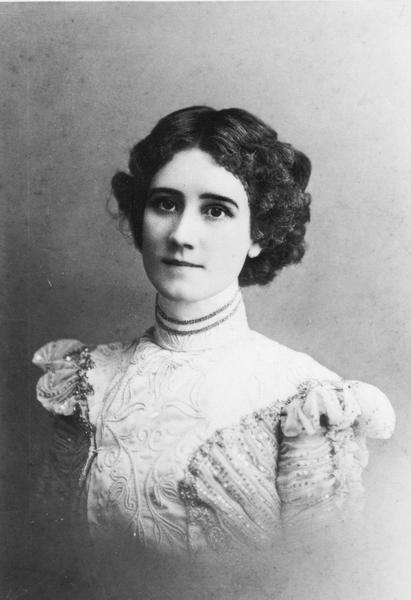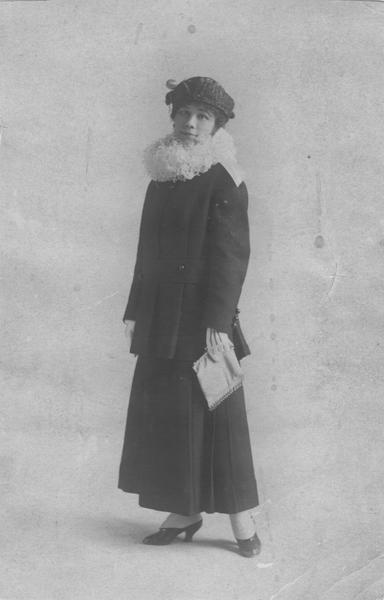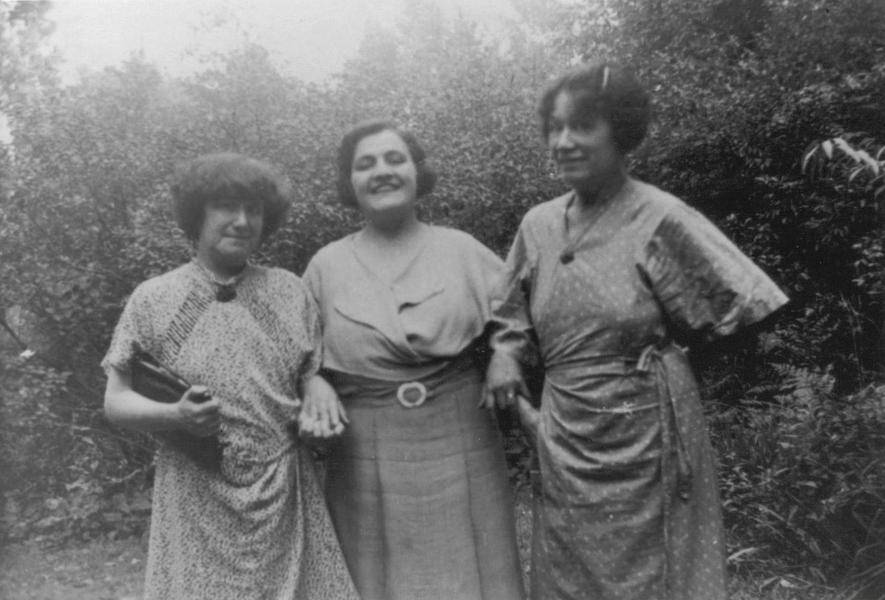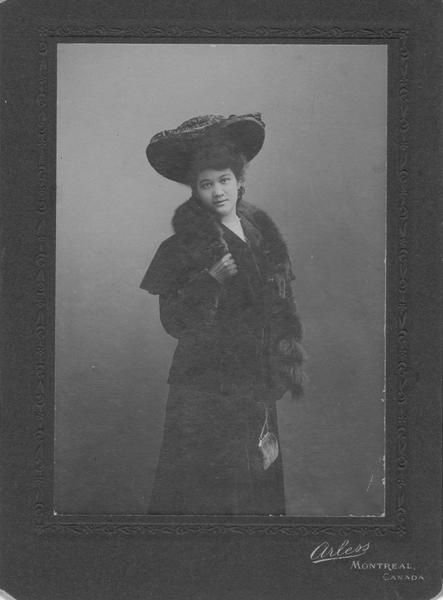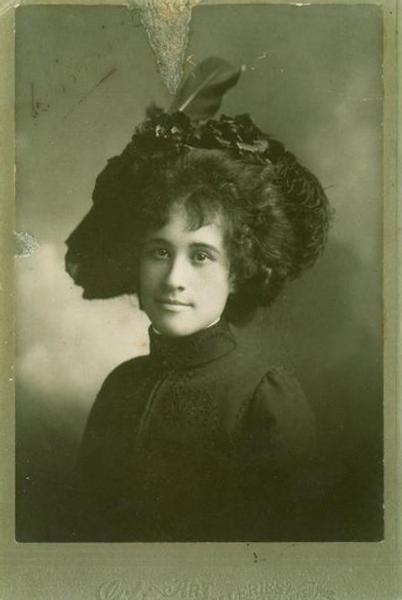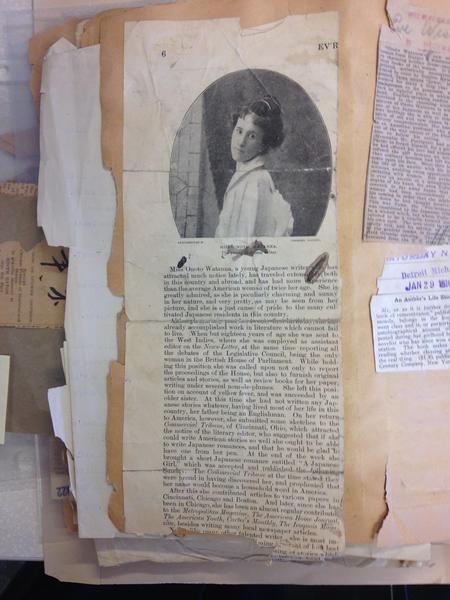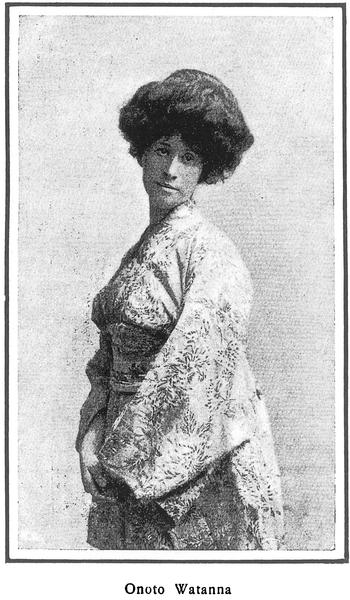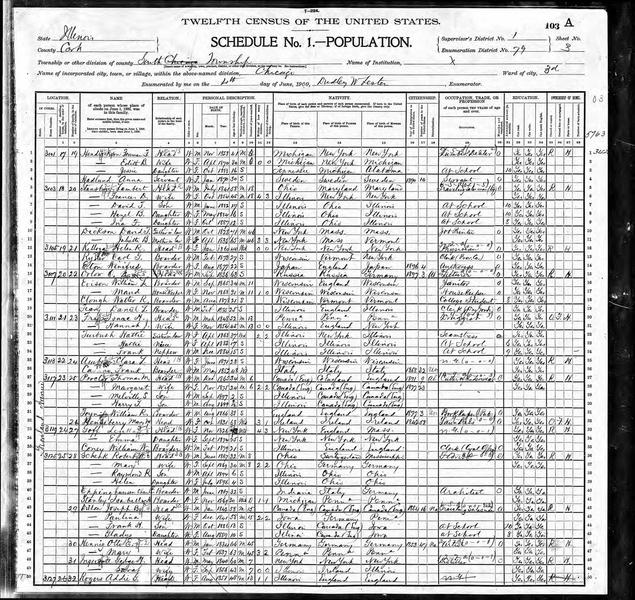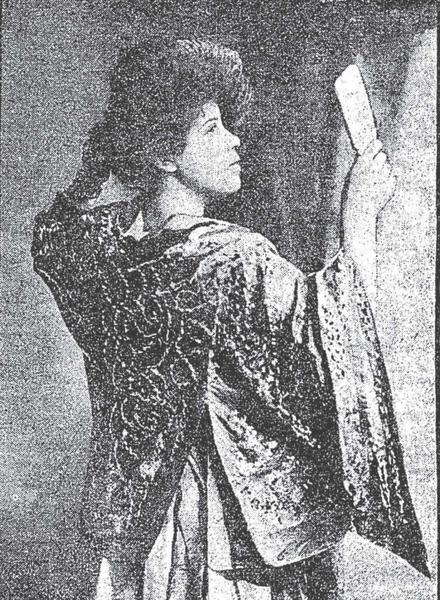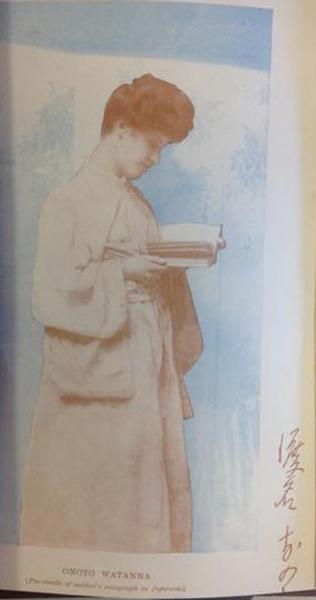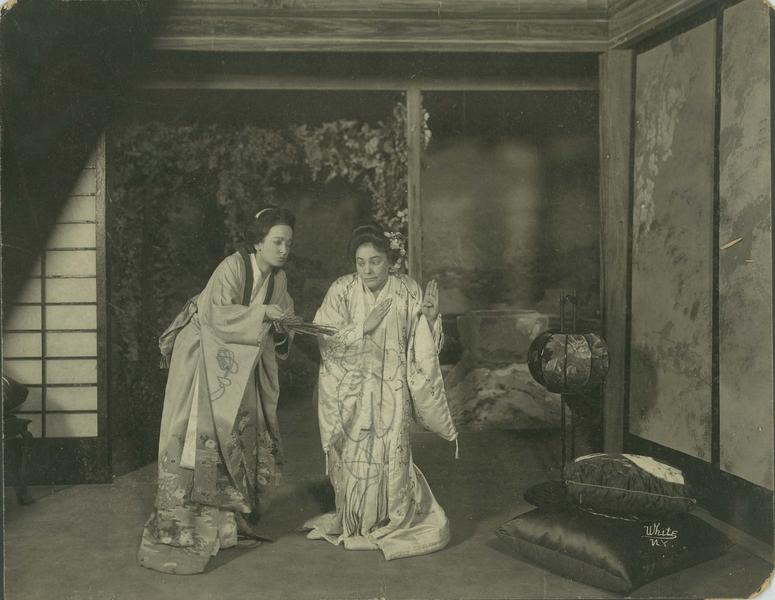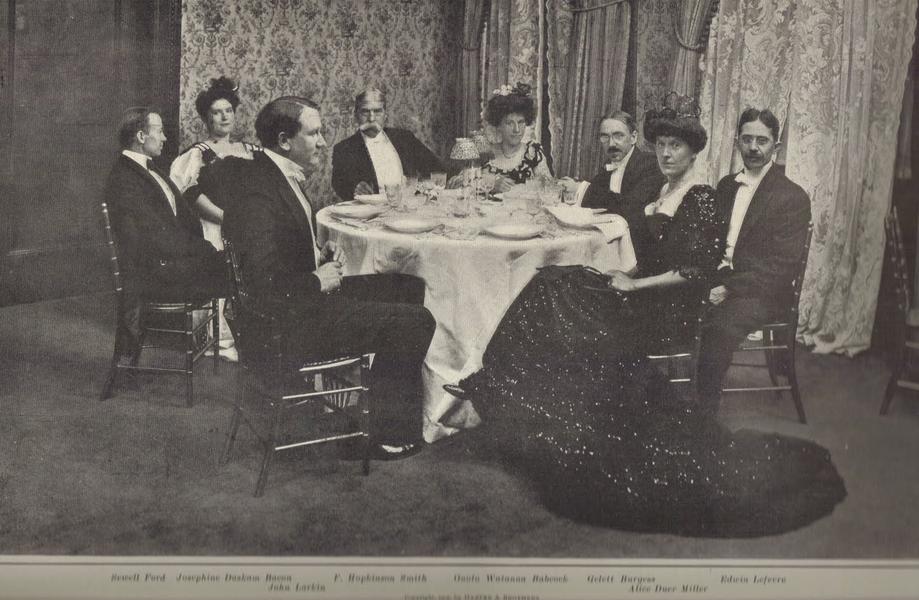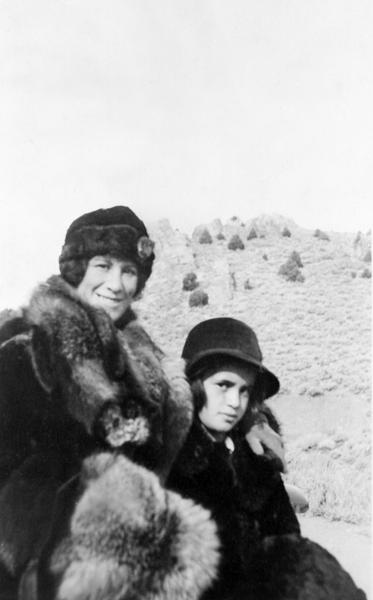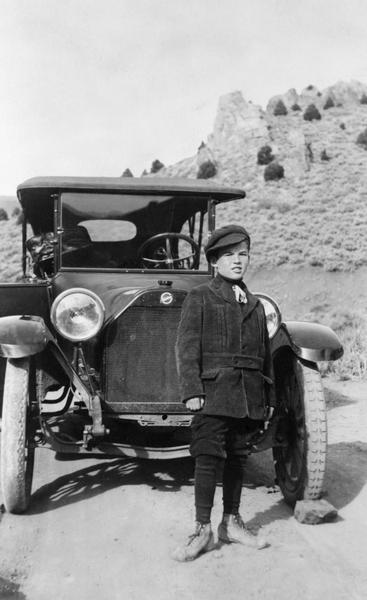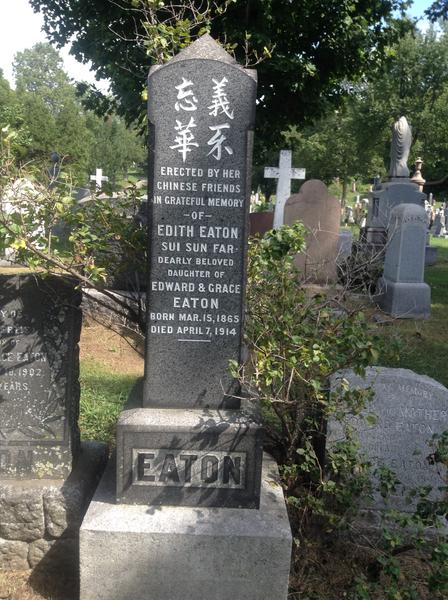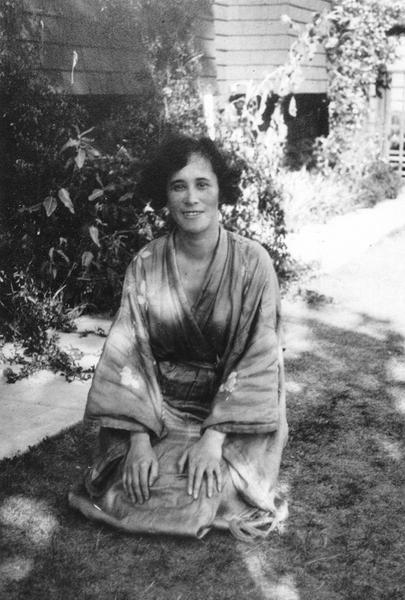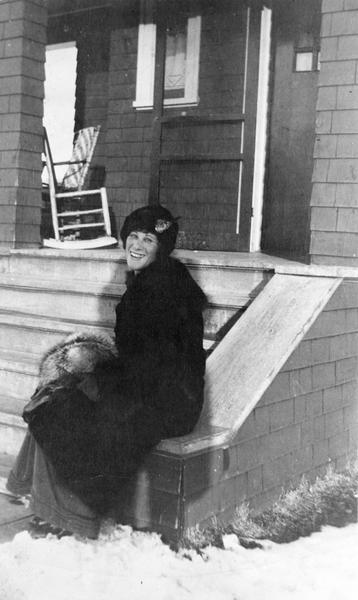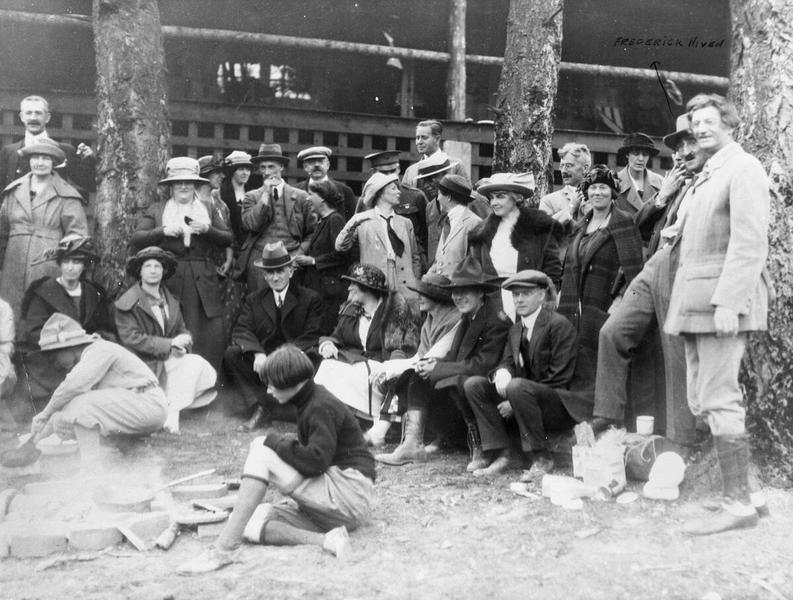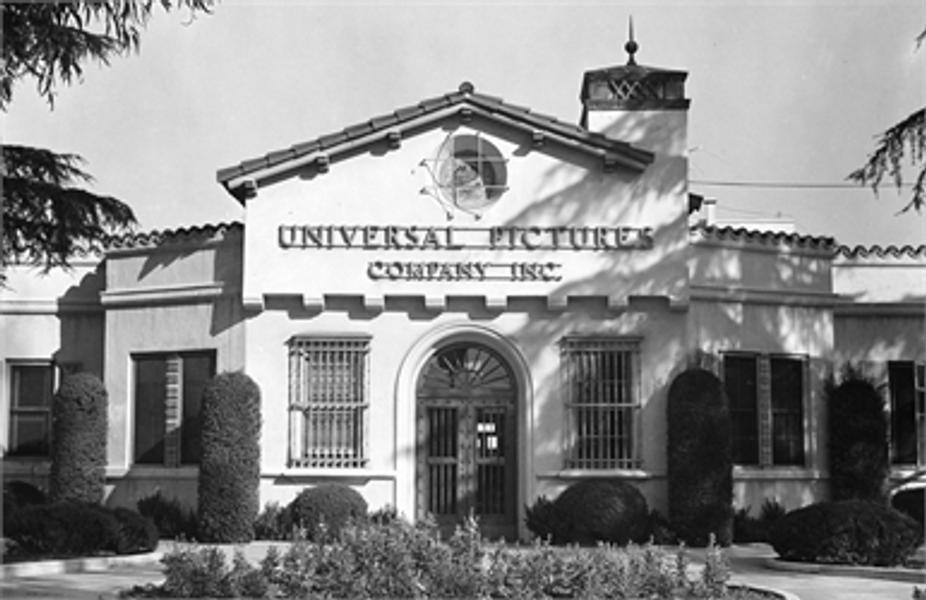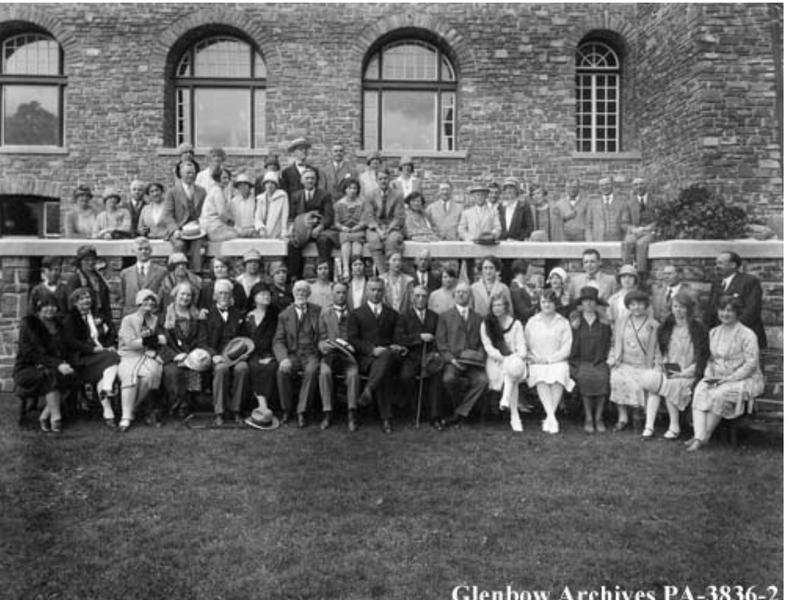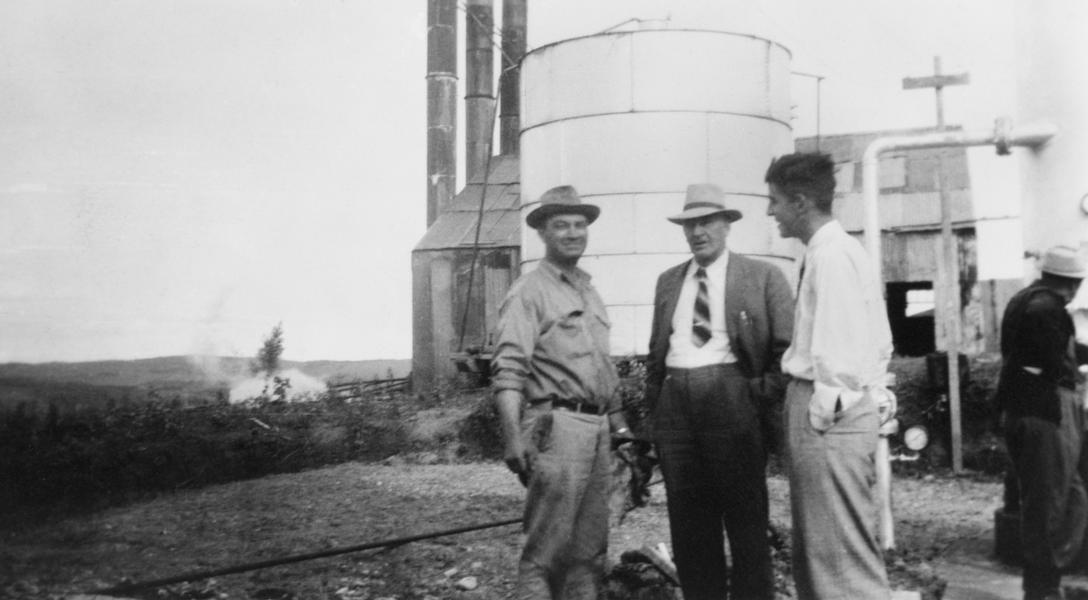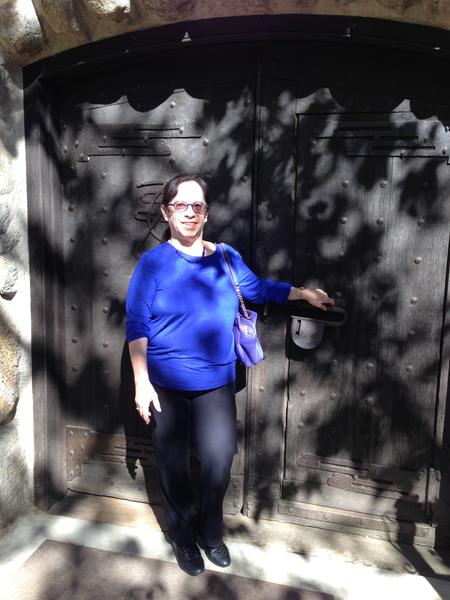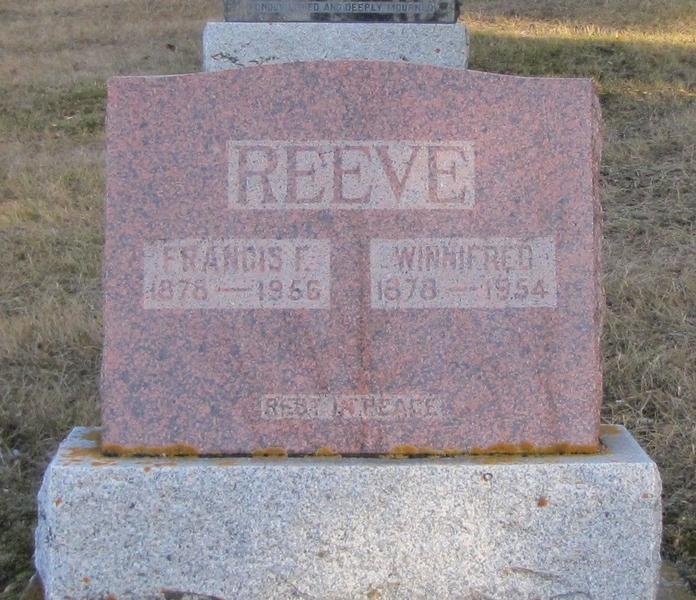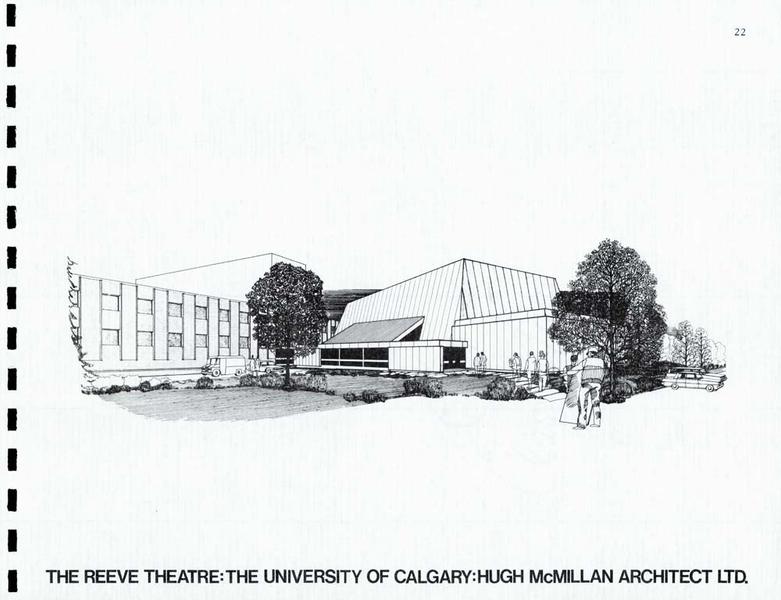1839
Eaton’s father, Edward Henry Eaton, born in Macclesfield, Cheshire,
England.
1846
Eaton’s mother, Achuen Amoy (pictured in the etching above), born in
China, perhaps in/near Shanghai. As a young child, she is sold to
Chinese acrobat and knife-thrower Tuck Quy (Teh-Kwei) and tours China,
the United States, France, England, Scotland, and Ireland with the
“Chinese Magicians” (also known as “Chinese Jugglers”),
beginning in 1852.
1855
The Chinese Magicians perform at Drury Lane (poster featured above).
Achuen Amoy is rescued from her knife-throwing owner Tuck Quy in
London’s East End by Christian missionaries just before he and his wife
Wang Noo sail for China.
1860
Edward Eaton’s father purchases a chemical manufacturing business.
1862
Achuen Amoy is baptized “Grace” in London and travels to China to
work as a missionary.
1863
Edward Eaton and Achuen Amoy marry more formally at Shanghai’s Trinity
Church, after being married onboard ship.
1864
Winnifred’s brother Charles Edward (pictured above) is born in China. The
Eatons return to England soon afterward, settling in Macclesfield.
1865
Winnifred’s sister Edith Maude (who later writes under the pseudonym
“Sui Sin Far,” pictured above) born on 15 March in
Macclesfield. Edward sails for New York City in May. His wife Grace and
the two children sail to New York from Liverpool in June aboard the
“City of London.” Family settles in Jersey City and Edward
opens a drug and dye wholesale outfit on Pine Street in New York
City.
1867
Winnifred’s sister Grace Helen (pictured above) born in Jersey City on 24
January.
1868
Eatons sail back to England in February on the “Denmark” and settle
in Bow/Poplar area of London. Winnifred’s sister Sarah (pictured above,
on right, with husband Karl Bosse and sister Rose) born.
1869
Winnifred’s brother Ernest George born.
1871
Winnifred’s sister Christiana Mary “Agnes” (pictured above with her
children) born.
1872
Eaton family sails from England back to North America via New York and
settles in Montreal. Edward is listed in Lovell’s City
Directory as commission merchant, based at 16 St. Sacrament
(a centrally located building that includes offices of brokers, mining
companies, merchants, and notaries).
1873
Winnifred’s sister May Darling (pictured above), named after the Darling
family who lived in the same neighbourhood, born.
1874
Edward listed in Lovell’s City Directory as a
clerk with the Grand Trunk Railway. The growing Eaton family settle in
working-class French-Canadian neighbourhood of Hochelaga in row housing
leased from John Bombreary, at rue d’Iberville. Winnifred’s brother
Ernest George dies in February.
1875
Winifred Lily born August 21, the eighth of fourteen children, two of
whom die in childhood. Baptized, with sisters Christiana Mary
“Agnes” and May Darling, at Montreal’s American Presbyterian
Church as “Lillie Winifred,” although she soon drops the
“Lillie” and adds a second ‘n’ to Winifred (Birchall 5).
1876
Family live at 101 rue d’Iberville, leased from J. Rolland. Edward
working as a clerk.
1877
Winnifred’s brother George born.
1879
Winnifred’s brother Hubert born.
1880
Winnifred’s sister Rose (pictured above) born. Eatons living at 42 rue
Seaver, company housing for Hudon Mills workers.
1882
Winnifred’s brother Lawrence born. United States government passes
Chinese Exclusion Act limiting immigration to US. Winnifred’s father
Edward stops working as clerk, allegedly to devote himself to art
career. Family live at 97 rue d’Iberville near Ste. Catherine.
1883
Winnifred’s father Edward Eaton listed in Lovell’s as an “artist” living at 104 rue Drolet at
Roy. Winnifred’s sister Edith working in composing room of the Montreal Star.
1884
Winnifred’s brother Lawrence dies at age two, possibly of smallpox during
the epidemic, and is buried in Mount Royal Cemetery in Montreal.
1885
Winnifred’s sister Florence (pictured above, left) born. Canada passes
the Chinese Immigration Act, levying a $50 head tax on each Chinese
labourer entering the country.
1886
Gilbert and Sullivan’s light opera The Mikado, a
favourite of the Eaton girls, staged in Montreal.
1887
Eaton family listed as living at 488 boulevard St. Laurent. Winnifred’s
sister Beryl (pictured above) born.
1888
Winnifred’s brother Charles Edward marries Isabelle Carter at Montreal’s
St. Bartholomew’s Episcopal Church.
1889
Family living at 610 boulevard St. Laurent, leased from Napoleon
Deschamp. Winnifred’s sister Grace Helen working as stenographer and
typewriter in an office she rents in the Standard Life Building at 157
rue St. Jacques.
1890
Winnifred stays in school until age fifteen, at which time she begins to
work (possibly as an apprentice dressmaker). Family living at 180 avenue
Cadieux.
1891
Eaton family living at 619 rue St. Urbain, leased from Catharine
Mitcheson, widow. Winnifred’s sister Grace Helen marries British
immigrant journalist-editor Walter Blackburn Harte in Montreal on 20
April and moves to Boston where Harte has been appointed, three months
earlier, Assistant Editor of The New England
Magazine. Winnifred’s brother Charles Edward and his young
family living at 122 rue Crescent. Winnifred’s Japanese-born cousin
Alfred Eaton arrested in San Francisco for bribing a Customs Officer to
permit his Japanese fiancee and her aunt to land. Alfred’s father, Isaac
Eaton, returns to Macclesfield after living for several decades in
Japan.
1893
Winnifred’s sister Sarah advertises her services as an artist and art
teacher in Montreal. Winnifred’s sister Christina Agnes marries Eloi
Emmanuelle Perrault, a widower thirty years her senior and with two
children, on October 13.
1894
Eaton family living at 828 avenue St. Laurent. Winnifred’s sister Edith
opens own stenography office.
1895
Eaton family living at 83 rue de l’Arcade. Winnifred publishes her first
serialized story in a Montreal magazine. Winnifred goes to Jamaica as
general writer and reporter, covering legislative council meetings,
stenography; her fare is paid by the Gall’s Daily News
Letter, and her salary includes free board and lodging at
Myrtle Bank hotel (owned by Gall). Winnifred stays in Jamaica for about
five months. Winnifred’s sister Christina Agnes gives birth to Mary
Gertrude May Perrault on November 25.
1896
A poem
“Sneer
Not,” by Winnifred Eaton, published in
Gall’s Daily News Letter, in March. Winnifred leaves
Jamaica, goes to Boston, via the
“Barnstable” in early April. Her
father Edward is arrested in New York State in June for smuggling
Chinese into the US and he is put in Plattsburgh, NY, prison; he and his
accomplice escape and he returns to Montreal in August. Winnifred moves
to Cincinnati, where her brother George lives, probably in October.
Assumes Japanese persona as
“Kitishima Taka Hasche,” or
“Kitishina,” or
“Tacki Hashi” a Yokohama-born girl whose
pen name is
“Onoto Watanna.” In November, publishes her first
Japanese-themed story,
“A Japanese Girl,” signed Onoto Watanna, in the
Cincinnatti Commercial Tribune, a newspaper
that Japanese poseur Lafcadio Hearn contributed to in the 1870s. By
November, Winnifred working as chief stenographer in Cincinnati,
probably at the Commercial McKinley Club, during the 1896 presidential
campaign. Winnifred’s sister Edith assumes Winnifred’s
Gall’s Newsletter job in Jamaica beginning in December.
1897
Winnifred (pictured above) settles in Chicago, probably in May. Does
stenographic work in the stockyards, probably for the soap department of
Philip Armour and Company, and writes. In September, she claims to be
heading to Alaska with the Woman’s Alaska Gold Club, a group with 150
members founded by Chicago patent lawyer Florence King, to pan for gold.
Sister Edith returns to North America, probably to Montreal, from
Jamaica in April or May.
1898
Onoto Watanna’s work prompts notices in numerous literary publications
including
Ev’ry Month and
Chicago Daily Tribune, many of which Winnifred pastes into
her scrapbook (pictured above). As Onoto Watanna, Winnifred writes an
“Introduction” to
Love
Lyrics, a book of poems by her friend Chicago journalist
Frank Putnam. Publishes stories in Chicago magazines such as
American Home Journal,
Conkey’s
Home Journal, and
Carter’s Monthly.
Nephew Horace Blackburn Harte is born to Winnifred’s sister Grace Helen.
Winnifred’s sister May moves to San Francisco. Winnifred’s sister Edith
also moves west, first to San Francisco, then to Los Angeles.
1899
Publishes short stories in
Chicago Magazine,
Puritan Magazine,
Conkey’s
Home Journal,
Woman’s Home
Companion, and
Frank Leslie’s Popular
Monthly; non-fiction in
Book News,
the
Ladies’ Home Journal and the
St. Louis Dispatch; and poetry in the
Christian-Science Monitor. Claims to have
published in Japanese magazines
Kokumin-no-Tomi
and
Hansei Zasshi although none of these
publications has been located. Publishes her first novel
Miss Nume of
Japan (Rand & McNally), a controversial story
of interracial romance. This publication makes her the first person of
Asian descent to publish a novel in the U.S. Winnifred’s sister Grace
Helen’s husband Walter Blackburn Harte dies in New York on June 8,
probably from amyotrophic lateral sclerosis. Winnifred’s sister
Christina Agnes gives birth to Henri Laurent (Henry Lawrence) on June
10.
1900
According to the 1900 Census (pictured above), Winnifred boards at 3105
Groveland Avenue in Chicago, a house owned by feminist Dr. Helen R.
Kellogg. Meets and becomes close friends with Japanese poet Yone
Noguchi, who visits Chicago for several weeks after living in California
for seven years, where he met San Francisco bohemians including Gelett
Burgess, Adeline Knapp, Blanche Partington, Ina Coolbrith, Edwin
Markham, Joaquin Miller, and Charles Warren Stoddard. Noguchi uses
Winnifred’s address as his Chicago mailing address. Winnifred publishes
stories and non-fiction in Frank Leslie’s,
Conkey’s, and Smart
Set, and serializes a novel (The Old
Jinrikisha) in Conkey’s.
Winnifred’s sister Grace Helen and her son Horace visit both Eaton and
Harte relatives in England.
1901
Winnifred moves to New York,where her sister Grace Helen works as a legal
secretary. While writing and modeling for the Women’s Pages of the
Brooklyn Eagle, (pictured above), beginning
as early as February, Winnifred meets writer-journalist Bertrand
Whitcomb Babcock, whom she marries July 16, 1901 in New York. Winnifred
claims to have worked as private secretary to Frank Munsey but quit once
she started selling her fiction. Publishes stories and non-fiction in
Woman’s Home Companion,
Harper’s Monthly,
The Idler, and
Frank Leslie’s, also releasing novel
A Japanese
Nightingale (Harper and Brothers), which she
claims sold 200,000 copies. Winnifred’s sister Christina Agnes gives
birth to Joseph Francois Perrault on September 1.
1902
Publishes another novel,
The Wooing of Wistaria (the frontispiece
of which is pictured above), as well as various stories and non-fiction
articles in
Frank Leslie’s,
Smart Set, New York’s
Metropolitan
Magazine,
Harper’s Monthly,
Woman’s Home Companion, and
Critic. Accuses playwright David Belasco of stealing her
characters and incidents from
A Japanese
Nightingale and
The Wooing of
Wistaria in his new Japanese play
The
Darling of the Gods. Belasco sues Winnifred for libel. She
is arrested but quickly released on bail (Birchall 79). Winnifred’s
brother Hubert drowns in Shawinigan Falls, a waterfall on the
Saint-Maurice River near Shawinigan, Quebec.
1903
William Young’s adaptation of
A Japanese
Nightingale (pictured above) opens at Broadway’s Daly’s
Theater to scathing reviews. The play runs for only forty-four
performances on Broadway but is later successfully staged across the
continent. Winnifred and Babcock’s first child, Perry, is born June 23.
The family are living at 2445 Grand Avenue in Fordham Heights. Winnifred
publishes in
Century Magazine,
Smart Set,
Ladies’ Home Journal,
New Metropolitan Magazine, and
Current Literature. She also publishes a novel,
The Heart of
Hyacinth (Harper and Brothers). Winnifred’s sister
Grace Helen and her son Horace move to Chicago where Grace Helen works
as stenographer while attending Law School. Winnifred’s sister Christina
Agnes gives birth to Leo Henri Perrault on October 11.
1904
Winnifred is accused by Professor John Van Cleve of reproducing a sonnet
by him in
A Japanese Nightingale without
attributing it to him. Winnifred denies the accusation, claiming sole
authorship of the sonnet, and Van Cleve eventually drops the case.
Winnifred and Babcock’s second child, Bertie, is born September 29 while
the family are living on 183rd Street in Fordham Heights. Russo-Japanese
War creates further demand for Winnifred’s writings on various aspects
of Japanese culture. She publishes stories and non-fiction in
Woman’s Home Journal,
New
Metropolitan Magazine, and
Ladies’ Home
Journal, as well as two novels:
Daughters of
Nijo (MacMillan) and
The Love of
Azalea (Dodd, Mead, & Co). Reviews, beginning
with a review of
Daughters of Nijo in the
Baltimore Sun, begin to suggest that Winnifred is not
entirely or even half Japanese.
1905
Winnifred attends 70th birthday party (pictured above) for her friend,
author Mark Twain. For about three years, family live, with three female
servants, at 146 Walton Avenue in Long Island’s Orienta Point, later
known as “Hollywood in the East” because it was considered a
desirable neighborhood by movie stars such as Lillian and Dorothy Gish
and filmmakers such as D. W. Griffiths. Winnifred enjoys riding horses
in Central Park.
1906
Winnifred and Babcock’s third child, Doris (pictured above with
Winnifred), born. Winnifred publishes
A Japanese Blossom.
1907
Yone Noguchi rebukes Eaton for her masquerade in an article. Writing as
“Winnifred Mooney,” Winnifred begins to try to publish works
that are not on a Japanese theme or signed
“Onoto Watanna.”
Winnifred publishes an Irish comedy,
The Diary of Delia (Doubleday,
Page and Company). Fourth child, Charley (pictured above), is born.
Profiles of
“Onoto Watanna”begin to claim that her mother is part
Chinese and part Japanese.
1908
Winnifred’s play A Japanese Nightingale is
staged at Winnipeg’s Theatre.
1909
Winnifred’s son Bertie dies, weeks before his fourth birthday, from
convulsions and heart failure caused by encephalitis.
1911
Winnifred’s eldest brother, Edward Charles dies of accidental gunshot
wound in Montreal, while sleeping. Her sisters Edith and Florence
working as stenographers and living with family at 1737 rue Mance.
1912
Winnifred publishes
The Honorable Miss Moonlight (Harper
Brothers). Her sister Edith, under pen name
“Sui Sin Far,”
publishes a collection of stories about Chinese and diasporic Chinese
entitled
Mrs. Spring Fragrance. Her sister
Grace Helen, after studying at Chicago-Kent College of Law, qualifies
for the Illinois bar and begins a career specializing in real estate
law, particularly landlord-tenant law.
1914
Winnifred’s sister Edith dies April 7 of heart disease in Montreal and is
buried in Mount Royal Cemetery (gravestone pictured above). Winnifred
co-authors
A
Chinese Japanese Cookbook with her sister Sara
Eaton Bosse. Winnifred’s works begin to be optioned by filmmakers such
as Selig Polyscope Company in Chicago.
1915
Winnifred’s father Edward is arrested again for smuggling Chinese into
New York State but he dies of cancer before going to trial. Winnifred
anonymously publishes
Me, a fictionalized memoir of her early career in
Jamaica and Chicago, first in monthly installments in
Century, and then as
Me: A Book of Remembrance. After completing
Me: A Book of Remembrance, Winnifred writes
first two chapters of silent film
Gloria’s Romance as an entry in
a
Chicago Tribune contest and wins the $10000
prize.
1916
In eight monthly installments,
Hearst’s Magazine
serializes
Marion: The Story
of an Artist’s Model, based on Winnifred’s sister
Sara’s biography. It is published anonymously by
“Herself and the
author of Me.” Winnifred goes to Reno
and divorces Babcock. She finds it difficult to write afterward.
1917
Winnifred’s divorce from Babcock granted February 3. She gains full
custody of her three children and marries Francis (Frank) Reeve, an
American businessman who owns a New York tugboat firm, in Greenwich,
Connecticut in April. They move to a grain farm in Beddington, a village
15 miles north of Calgary. Winnifred begins to publish in Canadian
magazines.
1918
Frank buys the 4000-hectare Bow View Ranch,
“a mecca for all aspiring
fishermen and hunters,” near Morley, Alberta, 60 kilometers west
of Calgary, and he and Winnifred relocate there with the children. The
house there is
“a very comfortable and well set up home consisting of
seven or eight rooms” (Frank Reeve affidavit, Glenbow/Special
Collections, M-6840-6370).
A Japanese
Nightingale is made into a silent film starring Fannie Ward
as Yuki, W. E. Lawrence as John Bigelow, and Japanese actor, newspaper
editor, and Vitagraph technical director Aoyama Yukio as Taro. Her story
“$5000
Reward” also made into a silent film.
1920
Lord Burnham (Imperial Press Association) brings a party of English
publishers and editors including Frank Newnes (publisher of the
Westminster Gazette) to Bow Valley Ranch.
Winnifred rents a small house at 1737 26th Avenue West, Calgary, in
order to have a
“room of her own” in which to write. She returns to
writing
“as if I had turned on a mental faucet” and writes
Sunny-San, her
first Japanese-themed work in over 6 years, in five weeks. Her children
board at Calgary’s Mount Royal College and Western Canadian College.
Winnifred begins to write fiction set in Alberta.
1921
Winnifred reads her complete story
“Sinners” aloud at Canadian Women’s Press
Club luncheon in Calgary after the magazine in which she had published
the first instalment folds. Attends a talk by John Murray Gibbon
(founding president of Canadian Authors Association), an event that
turns into a founding meeting of the Calgary branch of the Canadian
Authors Association. Winnifred is elected Vice President of the branch.
Works as screenwriter, title writer, literary advisor, and scenario
editor for Universal and Metro-Goldwyn-Mayer intermittently between 1921
and 1930. Winnifred adapts Wilbur Daniel Steel’s play
Ropes for the silent feature film
False
Kisses (Universal Pictures), starring Miss DuPont, Pat
O’Malley and Lloyd Whitlock, and receives her first screenplay credit.
The film is directed by Paul Scardon and is poorly received.
1922
Winnifred makes presentation to delegates headed to Ottawa to meet with
Minister of Justice regarding copyright for Canadian authors.
Winnifred’s mother Grace dies in May in New York City while Winnifred is
visiting. Winnifred publishes
Sunny-San, her first Japanese novel in
ten years, in serial form in UK beginning February and in book form both
in UK and North America, with the help of her friend and literary agent,
fellow Calgarian author and feminist Nellie McClung. Winnifred lives
with husband on Bow View Ranch but also rents house at 904 20th Avenue
West in Calgary (pictured above) where she can write. Winnifred attends
Canadian Authors Association meetings and convention in Ottawa and
lobbies federal Minister of Justice about updating the Canadian
copyright act.
1922
Winnifred attends the David Thompson memorial celebration with other
Western members of the Canadian Authors’ Association in Windermere
Valley, British Columbia in August of this year. She is pictured here
with fellow writers, including Bliss Carman and Frederick Niven.
1923
Publishes
Cattle
in Great Britain first. Elected President of the Calgary branch of the
Canadian Author Association. Organizes Calgary’s
“Book Week.” Rents
house owned by Sam Nickle with a fabulous view of downtown Calgary at
330 Scarboro Avenue which becomes, according to the national literary
publication
Canadian Bookman
“a centre for people of literary inclinations and literary
aspirations.” Assists in the founding of, and named first
honorary President of, Calgary’s Little Theatre. Gives talk to Canadian
Club of Calgary –
“The Canadian Spirit in our Literature”; speaks
at Little Theater organizing meeting at Hudson Bay Company Tapestry Room
about the origins of the movement, attended by author Laura
Salverson, Calgary Herald editor C. O. Smith, librarian Alexander
Calhoun, CAA Calgary branch secretary and lawyer Patrick
Harcourt-O’Reilly, and Winnifred’s neighbour and American Consul S. C
Reat.
1924
Publishes
Cattle (W. J. Watt) in Canada and the US under a
slightly different spelling of her married name: Winifred Eaton Reeve.
Icelandic-Canadian author Laura Salverson publishes a critical review of
it in January. Winnifred reacts by accusing Salverson of paying for a
positive review of her own novel,
Viking Heart.
Canadian poet Bliss Carman gives a recital of his poetry in Calgary.
Alberta is in the middle of a depression. Depression in cattle prices
due to American tariffs threatens foreclosure on Bow View Ranch and
nearly ruins her husband Frank, making it difficult for Winnifred to
continue to afford
“a room of her own” in Calgary. Winnifred
negotiates a four-year contract to run Universal Pictures’ East Coast
scenario department and be the new story editor (Birchall 155).
Universal’s head Carl Laemmle Sr. wants her to encourage her network of
literary contacts to write for Universal. Winnifred and children take
train to New York in December and live at 593 Riverside Drive. She hopes
husband Frank will follow. Winnifred’s son Charley gets job with the
New York Mirror, first as copy boy, then
Bronx reporter. Winnifred’s daughter Doris elopes.
1925
Dedicates her final published novel,
His Royal Nibs (W. J. Watt),
which she publishes under the signature Winifred Eaton Reeve, to Carl
Laemmle Sr.. Over the next seven years, she turns her energies to
screenplay writing and commutes between New York, and later Los Angeles,
and Alberta. Universal Studios hires her as scenario editor,
“Editor-in-chief and literary advisor.” She spends July through
September at Universal’s Hollywood studios (pictured above). Gives
lecture at MacDowell Club of Allied Arts in December. Sells film rights
to
Cattle. Blind Players perform
From Far Japan, a dramatic adaptation of
Winnifred’s novel
Sunny-San. Daughter Doris has son, Paul George
Rooney (
“Tim”), then separates from her husband and returns to live
with Winnifred in California when the baby is four months old. Francis
Reeve sells Bow View Ranch and founds F. F. Reeve and Company, a
brokerage firm, in Calgary and invests in what becomes an oil boom in
Alberta’s Turner Valley.
1926
Winnifred quits job at Universal Studios in December due to lack of
creative license. Her son Perry develops severe mental illness, perhaps
schizophrenia, and is eventually committed to a state hospital (DB 167).
Winnifred moves to Metro-Goldwyn Meyer where she is given an opportunity
to write original screenplays as well as do adaptations.
1927
Winnifred does ghostwriting.
1928
Winnifred may have attended Canadian Authors Association meeting
(pictured above). Returns to Universal Studios as a screenwriter rather
than as a story editor. Continues to work on silent films but also
begins to work on “talkies.” Begins contributing fiction and
interviews to movie magazines.
1929
Winnifred loses all her savings in stock market crash. First Hollywood
picture for which she is credited with writing the dialogue--
Mississippi
Gambler--is released. Also credited for writing
Shanghai
Lady.
1930
Winnifred living in Los Angeles with daughter Doris and grandson. Writes
screenplays for
Undertow,
Young Desire, and
East Is West
(Universal). Universal releases
Undertow,
starring Mary Nolan and Johnny Mack Brown, in March and then lays her
off. Winnifred learns husband Frank has a mistress (Mrs. Margaret Hill)
in Calgary.
1931
Frank Reeve files for divorce but he and Winnifred reconcile by August
and spend a romantic week at Lake Tahoe. Frank returns to Calgary to end
relations with his mistress. Winnifred returns to Calgary.
1932
Winnifred and her husband live in Suite 19, Barnhart Apartments,
considered one of the finest apartment buildings in Calgary at the time,
located at 1121 6th St. NW Calgary, where she writes
Second
Honeymoon.
1933
Winnifred at work on novel about Calgary’s economy called
Boom City.
1935
Daughter Doris, after ten years in Hollywood, moves back to Calgary with
young son Paul and works as stenographer for her stepfather Frank until
his death in 1956.
1936
Winnifred and her husband live at 1205 19th Ave. SW, where Winnifred
writes
Sins of the
Fathers. Frank’s oil investments do well and he
(pictured above, centre) becomes one of the wealthiest men in the
province.
1937
Winnifred continues to be a member of the Canadian Authors Association,
Calgary branch, executive committee.
1938
Winnifred and Frank buy 801 Royal Avenue, former home of American
diplomat, journalist, and author James Davidson. Frank named President
and Managing Director of Commonwealth Drilling Company and named
Vice-President of Commoil. Frank, his stepdaughter Doris Rooney, and her
son Tim cross border at Montana en route to legendary Hollywood hotel,
the Hotel Roosevelt, where they plan to stay for three weeks, perhaps to
visit Winnifred. In November, in her Calgary home at 801 Royal Avenue,
Winnifred hosts a tea for author Laura Salverson--the author she accused
in 1924 of paying for a positive review.
1939
Frank serves on board of YMCA and is member of Glencoe Club and Petroleum
Club. In May, Winnifred hosts annual general meeting for Calgary branch
of Canadian Authors Association at her home.
1944
Winnifred’s son Charley, a writer, now going by the pen name “Paul
Eaton Reeve,” marries Helen Finkelstein.
1945
Winnifred’s only granddaughter, Diana (pictured above), born to Charley and Helen in
December. In the aftermath of World War Two, Winnifred expresses regret
for having posed as Japanese. Winnifred writes plays for the Calgary
Little Theatre community.
1947
Ex-husband Bertrand Babcock dies of diabetes and alcoholism.
1950
Winnifred and Frank take cruise to Honolulu from Los Angeles in
February.
1953
Winnifred being treated for diabetes at the Mayo Clinic.
1954
Winnifred dies of heart attack in Butte, Montana, en route with Frank to
Calgary from California. She is buried in Queen’s Park Cemetery in
Calgary. Her estate is worth $313,000.
1956
Husband Frank Reeve dies.
1957
Sister Grace Helen dies, 8 February.
1981
Reeve Theatre (pictured above) at University of Calgary opens, funded in
part by a $1 million donation from the Reeve Foundation founded by Frank
Reeve after Winnifred’s death.
